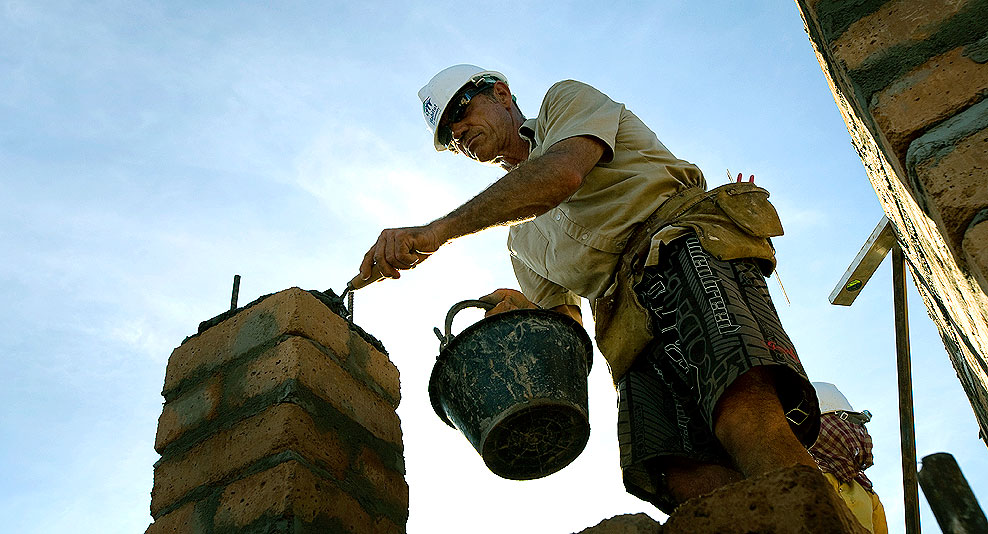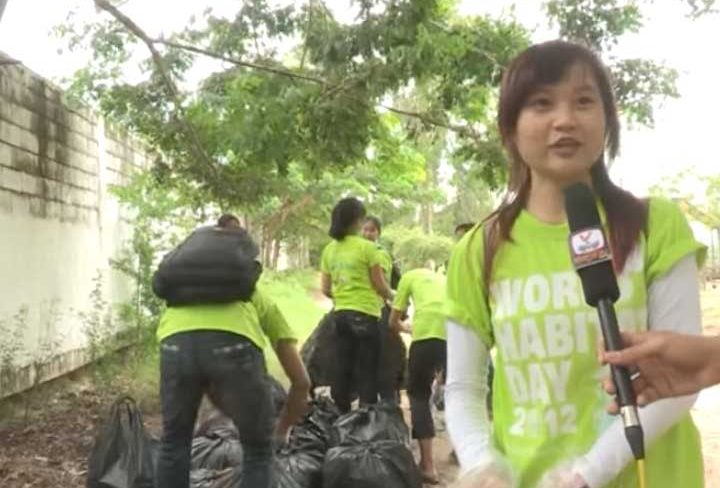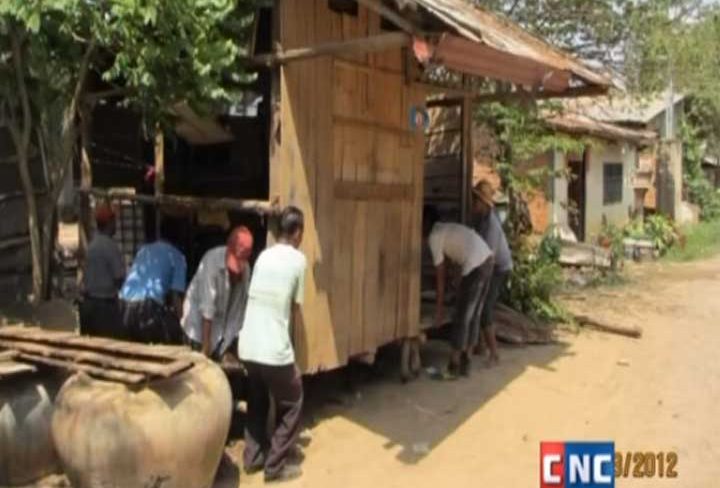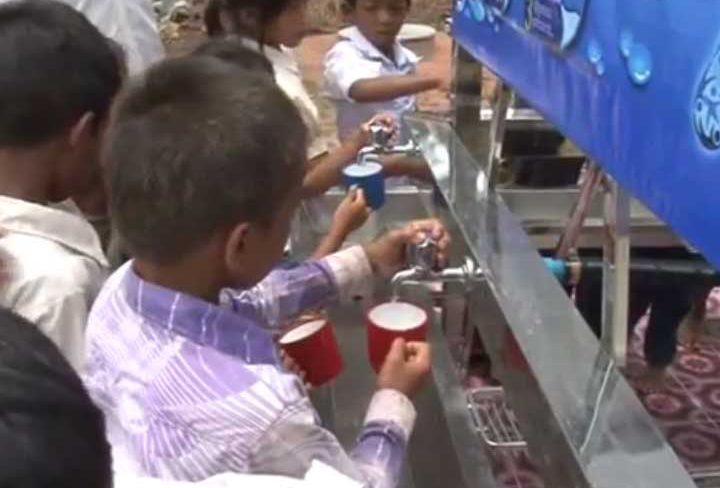There is still 2.8 Million Cambodians (18%), who live in extreme poverty (below the 1.25 USD per capita poverty line PPP2009) and simply cannot afford to repay micro loans. There is no social assistance system in Cambodia and no social safety net. Because of their desperate situation they need our solidarity and a grant-based assistance. 91% of them live in rural areas but statistics show that while poverty is decreasing in the rural areas it remains stable in urban areas, which calls for specific attention. This group has a low access to education with an average 3.3 years of education vs. a figure of 5.1 at the national level. They often rely heavily on remittances sent by family members (40% of the poor households with an average amount of 20 to 25 USD per month). For this segment of the population the main cause for the lack of decent housing conditions is the difficulty to afford the cost of a decent house (economic access) as well as the possibility to find a suitable place with secure land tenure close to the existing livelihood opportunities (physical access). Micro loans are not recommended for this segment of the population as statistics show that they generally do not have a proper repayment capacity for housing loans and are often caught in a trap of over-indebtedness.
HFHC Action
Through partnerships with local non-government organizations focused on serving extremely vulnerable groups such as people living with disability, families affected by HIV/AIDS, senior citizens without adequate support, homeless people and population living in squatter/informal settlement areas, street children, orphans and unaccompanied minors, women affected by gender discrimination, and populations affected by natural or man-made disasters particularly floods or storms that may cause loss of shelter and livelihoods.
HFH Cambodia provides individual housing solutions to the most vulnerable individuals within Cambodian society who cannot be targeted by community based programs and market-based approaches as their limited economic means and/or specific vulnerabilities call for an individually tailor made support. Partners provide psycho-social, health and livelihood and family follow-up through family development approach.




